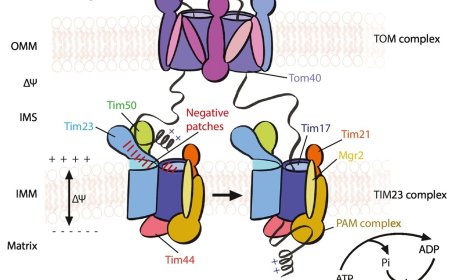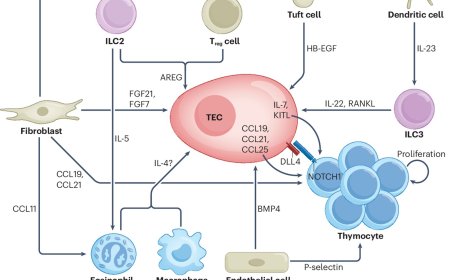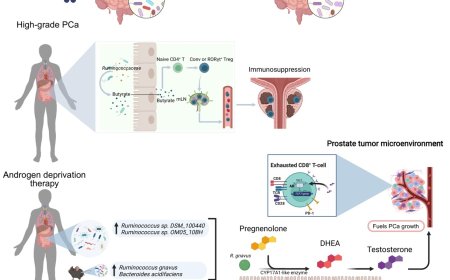Epigenetic dysregulation in autism spectrum disorders

Both genetic and environmental factors can disturb the epigenome, influencing autism spectrum disorders (ASD) development and underlying the heterogenic complexity of autistic phenotypes.
A U-shaped curve links the autistic phenotype with genetically and environmentally induced epigenomic imbalance.
Analysis of DNA methylation in peripheral tissues can provide biomarkers valuable for diagnosing both idiopathic and syndromic ASD.
Human iPSC-derived neurons and cerebral organoids (COs) replicate ASD epigenetic signatures and provide a platform for drug testing, personalized medicine, and regenerative therapies.
Advances in our capacity to manipulate the neural epigenome using epidrugs and epi-editing approaches may yield novel therapeutic approaches to treat ASD.
https://www.cell.com/trends/molecular-medicine/fulltext/S1471-4914(24)00162-X
https://sciencemission.com/Targeting-epigenetic-dysregulation-in-autism-spectrum-disorders













